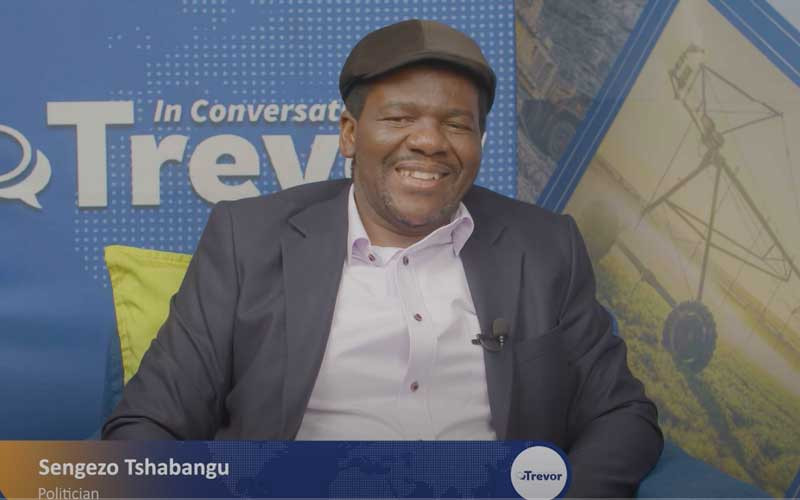
THE Mines and Mineral Amendment Bill expected to correct loopholes that resulted in the exploitation of the country’s minerals has been described as disadvantaging indigenous people who cannot afford the money required to mine strategic minerals.
This was revealed in an adverse report tabled in Parliament by the Parliamentary Legal Committee’s chairperson Jonathan Samukange.
In 2018, President Emmerson Mnangagwa sent the Mines and Minerals Amendment Bill back to Parliament saying it had sticking issues that needed to be addressed before he could sign it into law.
The legislation will replace the archaic 1961 Mines and Minerals Act which has been the principal law governing the country’s mining sector.
Samukange said clause 6(4)(a)(ii) provided that any person who wishes to mine strategic minerals should satisfy the minister that he or she could invest a sum equivalent to or at least US$100 million.
“The benchmark of the US$100 million is on the high side and appears to be a thumb-suck figure such that the majority of ordinary citizens will be unable to mine strategic minerals,” Samukange said.
“This will also affect local companies that cannot afford to invest that amount. This clause allows the monopolisation of mining by foreign companies that can afford the stipulated figure. This clause violates section 56(3) of the Constitution which prohibits discrimination based on economic status for one to enjoy equal opportunity in mining.
“As a rule, laws should apply generally and not just to particular individuals or classes of people. The clause also defeats the national objectives set out in chapter 2 of the Constitution in particular section 13 which advocates for local communities to benefit from the resources in their areas and the empowerment of the Zimbabwean citizens through involving them in national development projects.”
- Mines Bill shuts out indigenous people: MPs
- Positive criticism leads to improvement: Samukange
Keep Reading
Samukange further noted that the clause in question violates the principles of equity and inclusiveness by setting a figure that excludes other classes of society based on economic status.
He said the discretion of the minister to increase or decrease the amount defeated the tenets of the rule of law that state that laws must be certain, objective and unambiguous.
Samukange said laws passed by Parliament must leave no discretion to the people who are to apply them as this opens them to abuse.










